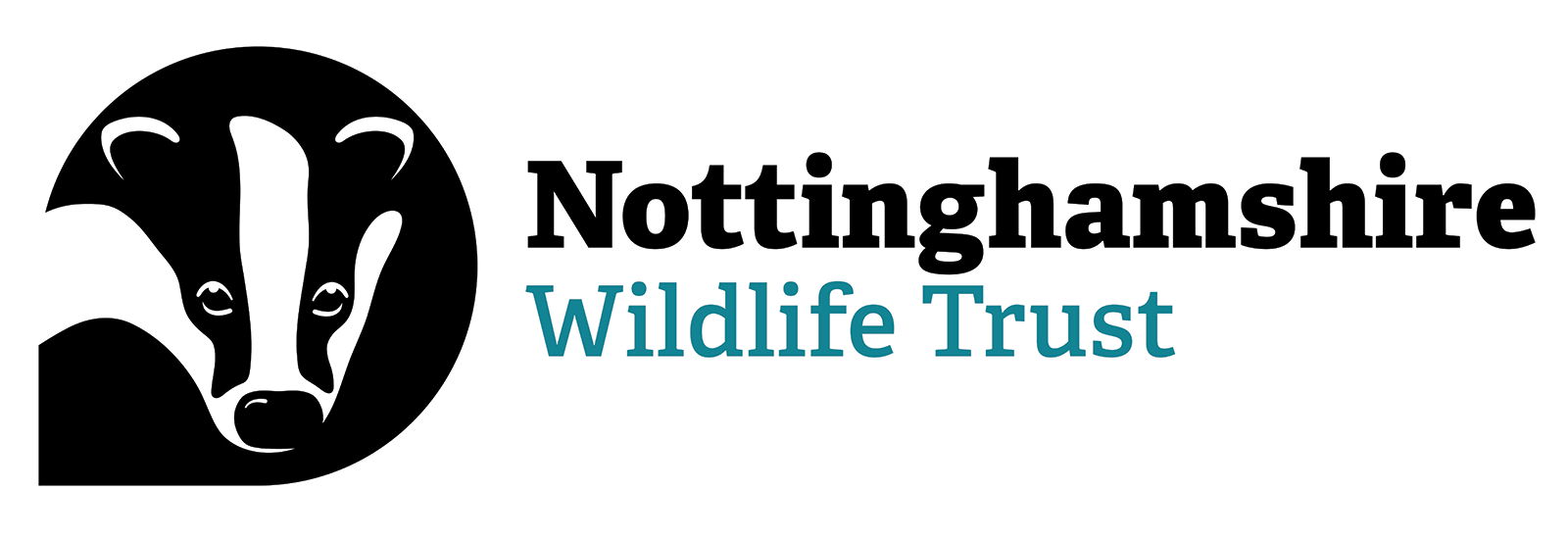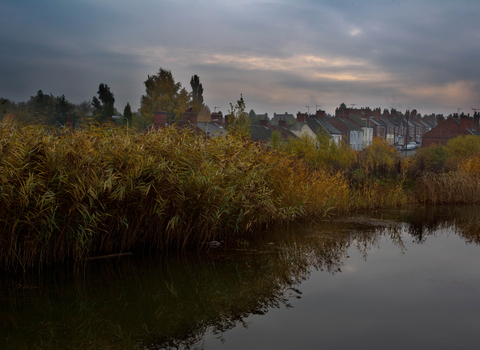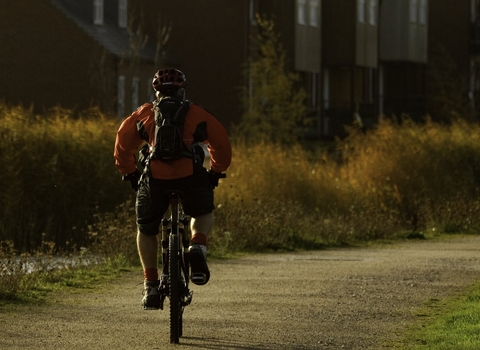Public urged to rewild planning system by responding to consultation
New analysis of the Government’s White Paper, Planning for the Future, has revealed that, as they currently stand, the proposed reforms will increase the threat to nature in England and do little to create better homes and communities for wildlife and people.
Based on their analysis, The Wildlife Trusts are calling on the Government to commit to five principles to be applied to future planning which would ensure the reforms can address the climate and ecological crises and people’s need for nature around them. One of these principles would, for the first time, protect new land put into nature’s recovery. Paul Wilkinson, chief executive of Nottinghamshire Wildlife Trust, says:
“We’re in a climate and ecological crisis and we cannot afford to lose any more wildlife – we need a new Project Speed for nature.
"We must keep the environmental protections that we have – but even that is not enough. The rhetoric justifying these reforms suggested that local consultation and surveys needed to deliver good decisions and protect wildlife are causing unnecessary delays to housing and other development – we dispute this and believe that protections must be strengthened.
“The Government needs to take a big step towards ensuring nature can recover everywhere. The algorithm-based system proposed in these reforms relies on data that simply doesn’t exist and dispenses with vital local knowledge about wildlife and planning need. We fear it’s a system that will fail nature and fail people.”
“Evidence shows that healthy communities need nature and the government must map out a Nature Recovery Network across every one of their proposed zones, whether it’s a growth, renewal or protected area. The Wildlife Trusts are proposing five principles to ensure the planning system helps nature and we want to see a bold new designation which will protect new land that’s put into recovery - we’re calling this Wildbelt.”


